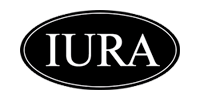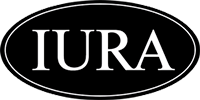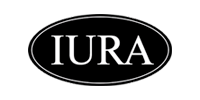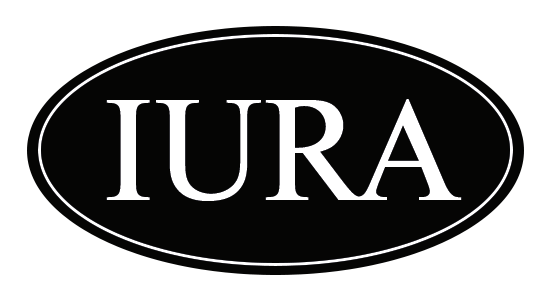
04 Jul Directive DAC 7
The new European Union initiatives in the field of tax transparency have led to the amendment of Directive 2011/16/EU on administrative cooperation in the field of taxation.
The new developments brought about by the transposition of this directive are set out in Law 13/2023 of 24 May, published in the Official State Gazette of 25 May 2023, and include amendments to the General Tax Law, the VAT Law, the Corporate Income Tax Law and the Non-Resident Income Tax Law, among others, which are highlighted below.
As for the amendments to the LGT, the most important ones, since the transposition of CAD 7 is mainly carried out through its amendment, coming into force the day after its publication unless otherwise stipulated, and which we will expressly point out.
-It regulates the system of joint inspections, certain specific issues relating to the presence of officials from other Member States in Spain and vice versa, as well as simultaneous controls, with effect from 1 January 2024.
With regard to the system for the presence of officials in Spain and vice versa, the ability to participate in inspections by electronic means of communication is recognised; this possibility is also recognised for simultaneous controls.
It also regulates the system of joint inspections, highlighting that a final report will be drawn up and communicated to the taxpayer, which will contain the conclusions of the inspection and which must be taken into account in subsequent tax proceedings carried out by the Spanish Tax Administration.
The obligation of information and due diligence relating to financial accounts and the obligation of information on cross-border tax planning mechanisms. Obliged intermediaries, platform operators, are required to inform all interested taxpayers that information about them will be provided to the Tax Administration, with effect from 1 January 2023.
In the case of obligations between individuals, the information obligation regime for certain tax planning mechanisms is modified, eliminating this communication. This is the case for lawyers covered by professional secrecy.
At the same time, a single system is established for correcting self-assessments. Specifically, the new figure of the self-assessment rectification is regulated, which will replace, in those taxes where this is established, the current dual system of complementary self-assessment and request for rectification. As a result, the taxpayer will not have to wait for an administrative decision before being able to rectify, complete or modify a self-assessment submitted.
-In order to improve the effectiveness of the limited verification procedure, the Tax Administration is empowered to check the business accounts for the sole purpose of verifying the coincidence of this information with that held by the Administration.
-The competence regarding the declaration of liability is modified with the aim of unifying in the collection bodies the competence to initiate and resolve the procedure for the declaration of liability regardless of the time at which the claim is made.
Modification of the LIVA, the following novelties are introduced in this area. Effective 1 January 2023;
– The concepts of importation of goods will be modified, and technical adjustments will be made to the taxable base for imports of goods and similar operations.
– Special rules are established regarding the place where services are provided, and the import regime is modified, specifically in the case of distance sales of goods imported from third countries.
Amendments to the LIS, the LIRNR and others;
In the field of IS, article 16 of the LIS is amended with effect for tax periods beginning on or after 1 January 2024, in order to bring it into line with EU regulations. This precept regulates the limitation on the deductibility of financial expenses, which incorporates two new features:
– With regard to the determination of operating profit for these purposes, it establishes that in no case will income, expenses or income that have not been included in the taxable base of the IS form part of it.
– Secondly, in order to complete the appropriate transposition of Council Directive (EU) 2017/1852 of 10 October 2017 on tax dispute resolution mechanisms in the European Union, the first additional provision of the LIRNR is amended and a third transitional provision is added to the same to regulate a transitional regime on amicable proceedings.
-Finally, it should also be noted that it introduces an additional third provision in Law 41/2003, of 18 November, which establishes tax benefits for the protected estates of persons with disabilities, considering furthermore that the person with disabilities for whose benefit the protected estate is constituted is the owner of the assets and rights that make up said estate and that the contributions made to it by persons other than said owner constitute transfers to said owner for profit.





No Comments